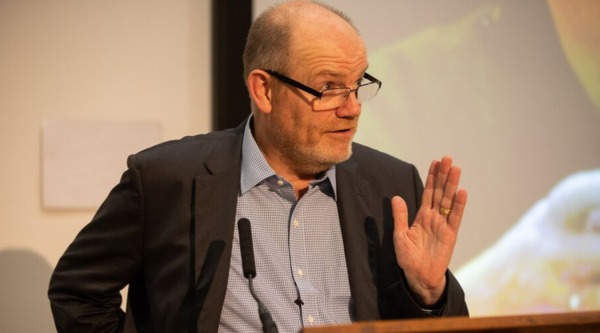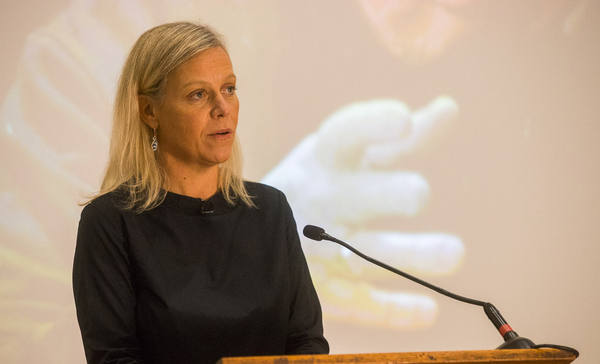Mark Thompson warns government policies endanger the BBC at the Steve Hewlett Memorial Lecture
Giving the third Steve Hewlett Memorial Lecture at London’s Westminster University, he accused policy makers of largely concentrating “on tightening the funding pressure and other constraints on the BBC further” including “the disastrous withdrawal of funding free licence fees for the over 75’s” agreed in the 2016 Charter now coming into full effect.



